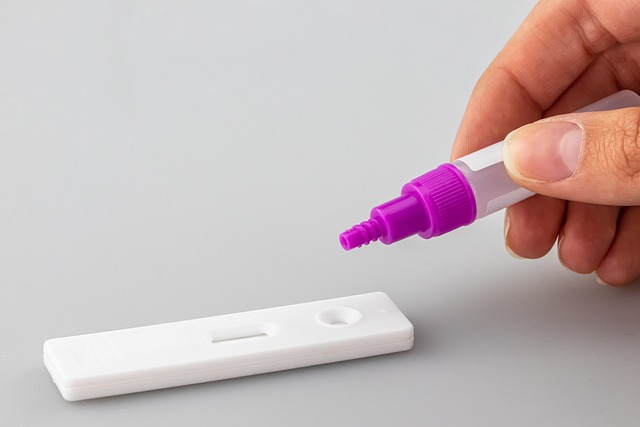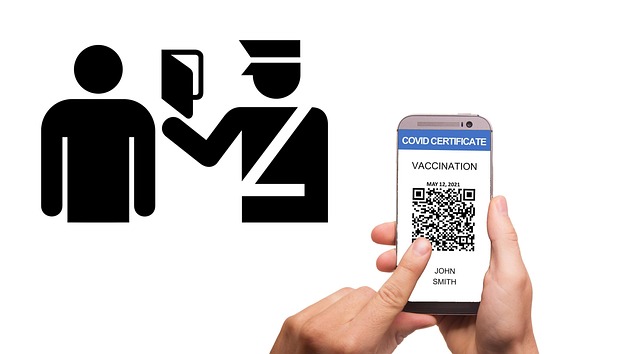Revolutionizing Diagnostics: The Latest Technological Innovations in Health Screening Tests
In the ever-evolving landscape of healthcare, screening tests have become a cornerstone of preventive medicine, paving the way for early detection and timely intervention. These tests have historically relied on traditional methods, yet we are now witnessing a transformation driven by groundbreaking technological innovations that redefine how we approach health screening. This shift is not just about advanced technology—it’s about enhancing lives, improving outcomes, and empowering individuals to take charge of their health.
Redefining Health Screening through Technology
The integration of cutting-edge technology in diagnostic tests is changing the face of medical testing. From artificial intelligence (AI) to mobile health applications, these innovations provide speed, accuracy, and accessibility like never before. For instance, AI algorithms can analyze medical imaging data in seconds, spot anomalies that may elude the human eye, and even predict potential health issues based on individual patient data. This capability allows healthcare providers to focus on personalized treatment plans rather than relying on one-size-fits-all approaches.
Moreover, the advent of point-of-care testing means that patients no longer need to wait for days or weeks for results. Now, a simple screening test can be carried out in a doctor’s office or even at home, delivering immediate results. This accessibility marks a significant step forward—the more people know about their health status, the more likely they are to take preventive action.
Innovations Enhancing Patient Experience
The human touch in diagnostics is being complemented by the digital realm. Mobile health applications have made it easier than ever for individuals to track and monitor their health. These apps provide reminders for scheduled screenings and facilitate quick access to test results. Patients can engage in telehealth consultations, where they can discuss their screening results with healthcare providers from the comfort of their homes. This not only saves time but also makes healthcare feel more personal and less intimidating.
Furthermore, wearable technology continues to expand its role in health screening. Devices that monitor heart rates, glucose levels, or other vital signs are becoming commonplace, allowing users to keep tabs on their health continuously. The data collected can inform doctors during routine check-ups, making them more effective and tailored to each patient’s unique history and lifestyle.
Transforming Access to Health Information
Health innovations in diagnostics are breaking down barriers. In developing regions where access to conventional medical facilities may be limited, mobile screening units equipped with advanced testing technology are making tremendous strides. These initiatives empower communities with vital health information, encouraging proactive management of health issues that might otherwise go unnoticed.
The democratization of information through technology also paves the way for increased health literacy. When individuals understand their health risks and the significance of early screening, they are more likely to participate in preventive care. Education combined with tech-driven diagnostic solutions is a powerful tool that fosters a culture of health consciousness.
The Future of Health Screening
As we look ahead, the potential for technological advancements in health screening tests is immense. From genomics to nanotechnology, innovations are continually reshaping how we perceive and address health challenges. These developments promise not just to revolutionize diagnostics but to fundamentally transform the patient experience, making health management an integral part of everyday life.
In a world where knowledge truly is power, the latest innovations in screening tests are lighting the path toward a healthier future—one where early detection is the norm, and every individual has the tools to safeguard their well-being.




